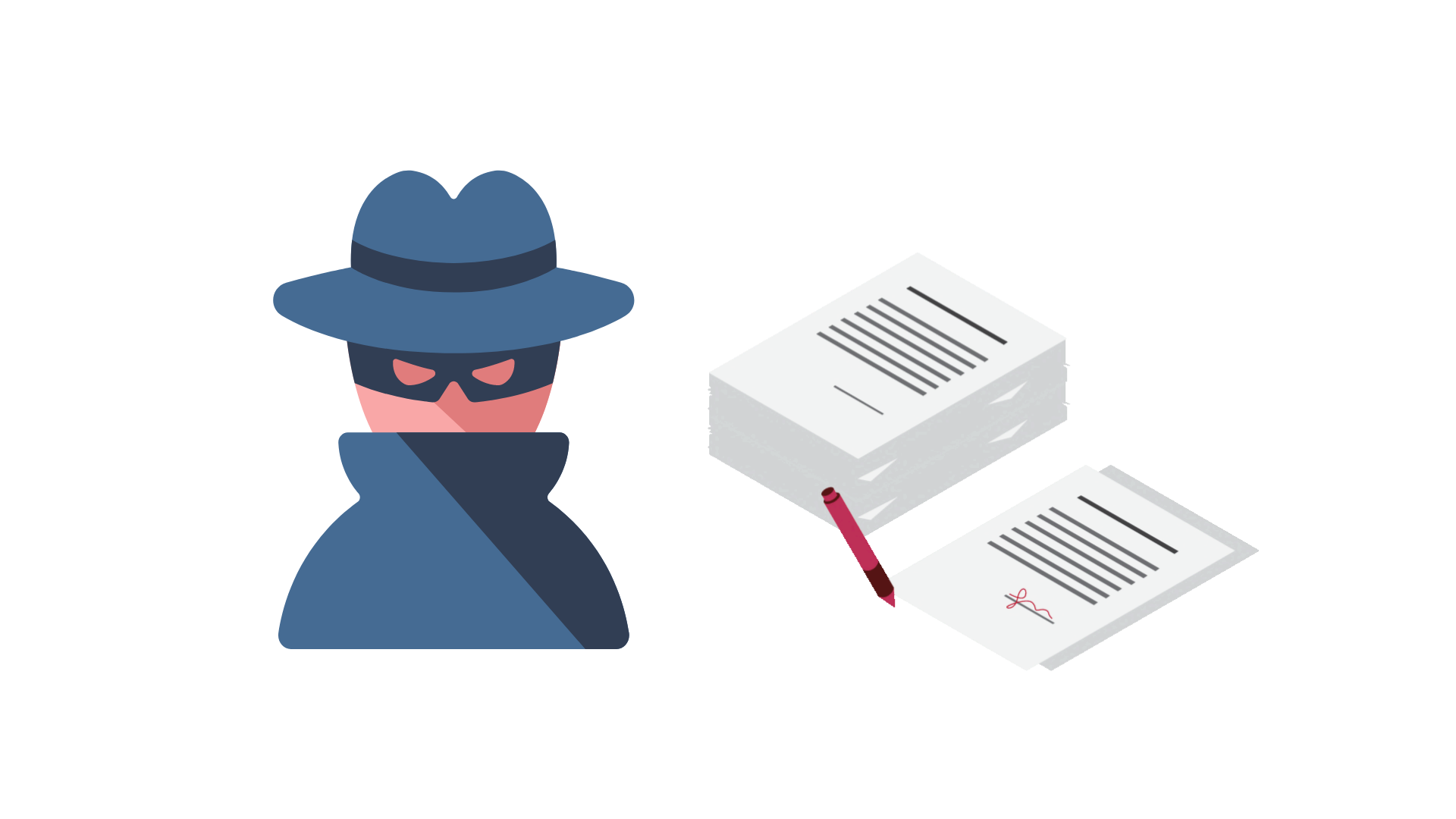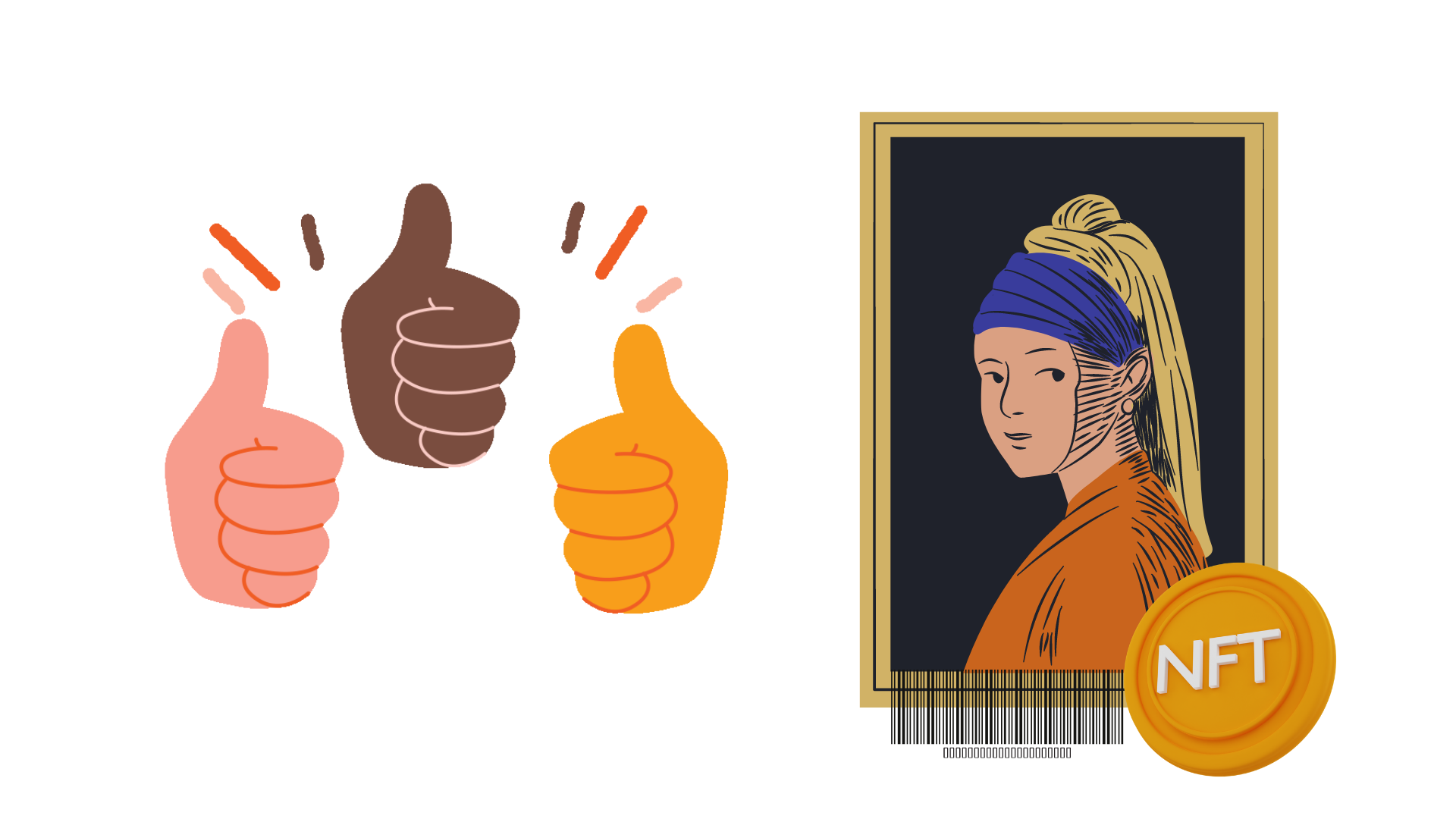What is an NFT?
NFT stands for Non-Fungible Token, and are essentially property rights over digital assets. What exactly does that mean?
Let’s construct an example scenario: say you buy a painting from an extremely famous artist to hang it in your living room. The next day you throw a party to reveal your latest collection. One person at the party doesn’t believe that the painting is real; “Hey, there’s no way you scored this piece.”

How can you prove that this painting is actually real? In this case there are two main ways, show the certificate of purchase and receipt, or hire an art appraisal to inspect the art piece and prove whether it’s the original.

There are several problems with this method. With the former method, the certificate, there is a chance that you forged this document. Additionally, if there is a fire or someone bumps into you and incidentally spills wine over your certificate it is ruined. The latter method is expensive and you also have to prove that the appraisal is real and valid.

This is where NFTs come to the rescue. NFTs prove the “unique-ness” of an item, whether that be a digital image, video, or anything. You can think of them as a serial number that assigns a unique value to an item. An NFT proves that you own something, rather than just another piece of data on the internet.
NFTs can revolutionize all aspects of ownership. However, the most prevalent focus currently is on digital assets and how digital value is created, stored, and verified using the power of blockchain technology.

On the internet however, it is harder to decide how much something is worth, and many of these assets are owned by big tech companies. NFTs and web3 make it much easier for digital assets to gain or lose value because these assets are owned by individuals who can decide how much something is worth, in addition to other forces which we’ll see later.
Let’s explore further in depth what an NFT actually is and how it proves that you are the unique owner of an asset.
